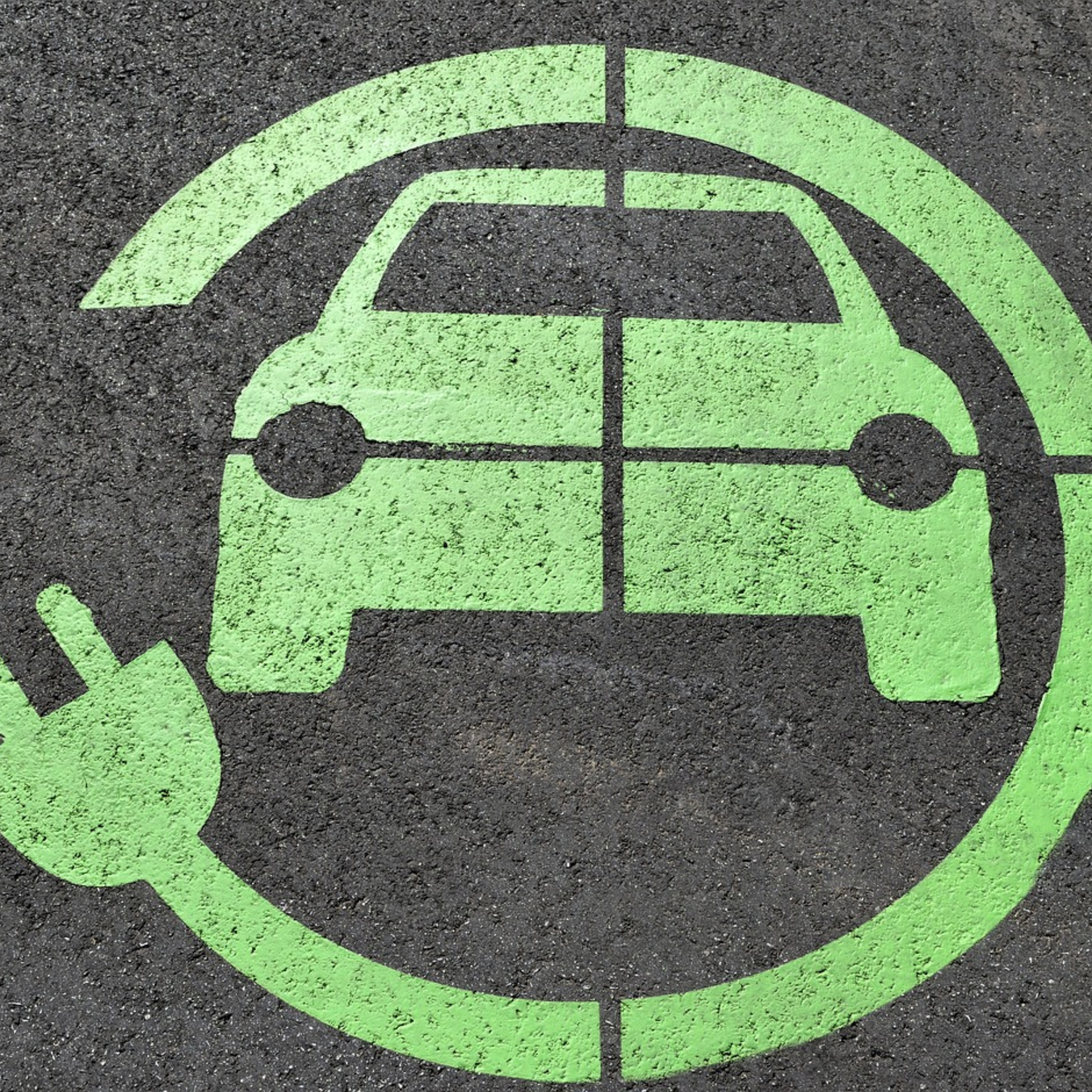
Advocates, experts and transit riders call upon NJ Transit and the Murphy Administration to commit to reducing GHG emissions from the transportation sector and make a firm commitment to transition to a 100% electric bus fleet by 2040.
Newark, New Jersey - a diverse group of transportation, environment and equity advocates, experts and transit riders gathered at NJ Transit’s Headquarters in Newark to call for NJ Transit to make a firm commitment to transition to an all-electric bus fleet by 2040.
The transportation sector is responsible for contributing one-third of the nation’s harmful GHG emissions. In New Jersey, however; that share jumps to nearly half. States nationwide are keeping this in mind as they make important decisions about the future of their transportation infrastructure. From buses to trains to shared rides, transit officials are transitioning to electric modes of transportation that are cleaner, cheaper to maintain, and save money on fuel. To date, more than 60 transit agencies nationwide have made the commitment to electrification. In March 2019, New Jersey Department of Environmental Protection allocated $8 million of the $72.2 million from the Volkswagen Mitigation Trust toward purchasing eight new electric buses to be used in Camden as a pilot project. However, NJ Transit has not made a commitment to electrifying its fleet.
“This is an environmental justice issue. Transit riders and workers and those that live and work near bus corridors are those most exposed to diesel pollution. These ground level fumes are vacuumed up into our lungs causing lifelong health harms,” said Clean Water Action environmental justice organizer Kim Gaddy, a Newark resident with 3 asthmatic children. “Committing to a 100% electric bus fleet is critical to reduce our carbon footprint, the heat island effect, and the number of children, elderly, and others most vulnerable gasping for air from an asthma attack, running to the ER, missing school and work, and suffering premature death disproportionately in urban, low income and people of color communities.”
Those living in cities such as Camden, Newark and Trenton suffer the deadly effects of emissions on a daily basis. "Emissions from old diesel buses and trains increase risk of heart attacks, asthma attacks, and a host of other health problems,” said Dr. Robert Laumbach, M.D., M.P.H., Rutgers School of Public Health. “Clean electric transportation is key to protecting riders, drivers, pedestrians, and local residents from these health risks."
"The future is now for NJ Transit to commit to electrify its bus fleet over the next two decades. Dirty diesel buses, especially running through our cities and polluting our air and climate, need to be phased out by 2040," said Doug O'Malley, Director of Environment New Jersey. "NJ Transit should join other major transit agencies to make the commitment to electrification. The Camden electrification pilot is a good start, but NJ Transit needs to aggressively ramp up electric buses in our cities in the early 2020s and to work to electrify all new bus purchases by the end of the next decade."
In New Jersey, 11.6% of residents do not own a vehicle. In cities such as Newark, where that number jumps to 40%, public transportation plays an even more vital role in connecting people to places and services they need. “Public transportation is the best way to connect people to their communities and the resources it offers,” said Norah Langweiler, campaign organizer for Jersey Renews. “Access and affordability of transportation directly affect an individual's opportunities for employment, access to health care, childcare, education, and the ability to find healthy foods for themselves and their families. These divides consistently fall along racial as well as income lines and require a robust and more equitable approach to addressing New Jersey's transportation needs and climate mitigation policies.”
As the 3rd largest public transportation provider in the nation also located in the most densely populated state in the country, it is incumbent on NJ Transit to assume a position of leadership in developing a state of the art system equipped to meet the needs of the 21st century,” said Nicole Scott-Harris, Education Coordinator and Organizer for the New Jersey Environmental Justice Alliance. “As we see here in Newark, the state's largest Environmental Justice city, and also home to NJT's largest transit hub, air quality is a major concern for a community burdened by cumulative impacts correlated with the prevalence of many diseases and reduced life expectancy. We call on NJ Transit to electrify its bus fleets."
“Transitioning to an all-electric bus fleet will require not only a dedicated long-term vision but also dedicated and sustainable funding,” said Janna Chernetz, Deputy Director and Director of NJ Policy for Tri-State Transportation Campaign. “Years of underfunding and neglect has forced NJ Transit to pillage its capital budget to meet its operating needs whereby crippling the agency’s ability to have a meaningful strategic long-term vision for improving the agency. The burden now falls upon both the administration and the legislature to work towards a solution, moving beyond annual one-shot fixes.”
“Moving to 100% electrification providing safe, reliable and affordable service for all Transit customers who rely on the buses to make their lives work is critical and not a simple task,” said Pamela Frank, CEO of ChargEVC. “It represents a new challenge and opportunity for all of us – it cannot be on NJ Transit alone. We look forward to working with NJ Transit to figure out together the most expeditious and cost-effective way to move to 100% electric buses.”
